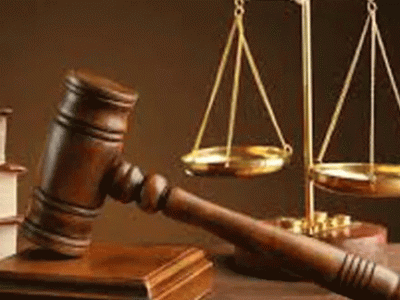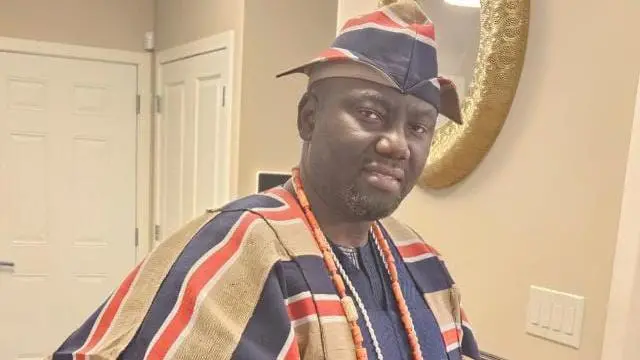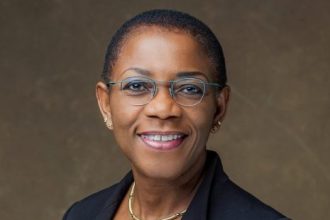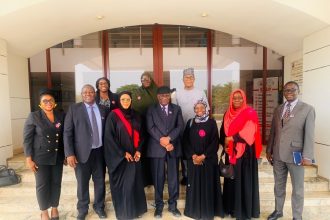A National Judicial Council (NJC) panel has summoned high-ranking judges, including the Chief Judge of the Federal High Court, Justice John Tsoho, Justice Peter Lifu, and Rivers State’s Justice I. Igwe, over conflicting orders in cases involving Rivers State, which have recently stirred controversy. Former Supreme Court Justice Rhodes-Vivour (Rtd.) chairs the committee, which is expected to begin its proceedings on Tuesday.
Another panel, headed by a retired appellate judge, is set to investigate allegations of age falsification against Imo State Chief Judge Justice Theresa Chikeka. Sources reveal that discrepancies have arisen from her recorded dates of birth across multiple official records, potentially jeopardising her credibility and judicial career.
The conflicting court orders in Rivers State have particularly alarmed the NJC. Justice Igwe reportedly mandated the Independent National Electoral Commission (INEC) to release the 2023 voter register for local elections, while Justice Lifu issued a contradictory order instructing INEC not to release the register until it was updated. Similarly, Igwe ordered security agencies to protect the polls, while Lifu issued a counter-order against it.

The conflicting directives fuelled pre-election unrest, sparking violent protests and agitating factions’ burning of three local government secretariats. These disruptions involved political groups reportedly loyal to the Minister of the Federal Capital Territory and former Rivers Governor, Nyesom Wike.
The police had locked down 23 local government offices for nearly three months before the election, contributing to heightened tensions. Former President Goodluck Jonathan had previously warned that inconsistent court orders could endanger the nation’s democratic fabric if not resolved.
Following public outrage, the NJC is taking decisive steps. Chief Justice of Nigeria (CJN) Justice Kudirat Kekere-Ekun instructed all involved judges to submit their accounts of the events. A source confirmed that these letters were issued to allow the judges to present their perspectives before any disciplinary action is considered.
Adding to the legal turmoil in Rivers State, there is ongoing litigation regarding the status of 27 state lawmakers who allegedly defected from the People’s Democratic Party (PDP) to the All Progressives Congress (APC).
The state government has contested their legitimacy, while a federal court upheld their positions, leading to further discord within the judicial process. Recently, a tense session unfolded before Justice Joyce Abdulmalik in Abuja when Governor Siminalayi Fubara’s legal team requested her recusal due to alleged bias—a request she denied.

Meanwhile, the NJC also aims to settle the alleged age falsification controversy involving Justice Chikeka. She has reportedly provided three different birth dates across her official records in Borno and Imo States, as well as with the NJC. The judiciary panel aims to finalize its findings this week.
As Nigeria’s judiciary faces these severe internal challenges, Justice Kekere-Ekun, sworn in days ago, has pledged to restore the institution’s integrity and address issues, including contradictory orders that have marred the judicial system’s reputation. The NJC committee’s findings on these matters are anticipated later this week, with potential disciplinary measures on the horizon for any individuals found guilty.









